Introduction

With one of the fastest growing and most developed technology sectors in Europe, the UK is well placed to take advantage of the significant opportunities offered by artificial intelligence, the internet of things, big data, blockchain and other new technologies.
However, accelerating automation poses significant challenges, and concerns - perhaps overstated - have been raised by some sources that up to 30% of UK jobs are at high risk of automation by 2030. Many jobs will be enhanced by technology and many will disappear; however, many new, as yet unknown, jobs will be created, particularly within SMEs and the gig economy. Therefore, businesses and Government need to ensure that workers are reskilled and able to enjoy the benefits of automation such as better-quality jobs and improved job satisfaction.
Technology will be one of the most significant influences on the workplace and facilities management profession in the future. FM professionals hold the key to unlocking the potential and value of new tech, not only in automating more mundane tasks, but also in making people more efficient in roles that will still require human skills. Specific applications will enable FMs to make better, data-driven decisions on safety, efficiency and compliance, helping the profession to deliver more effective and productive workplaces for UK plc and to retain its status as one the world’s most advanced FM markets.
Training
IWFM Academy presents a series of training guides, delivered through bitesize e-learning, that empower workplace and facilities management professionals to stay ahead of the curve in a rapidly evolving landscape.
Navigate the digital transformation of the workplace with the tech survival guide. These bitesize, 20-minute episodes equip workplace and facilities management professionals with the knowledge and skills to thrive in today's tech-driven world.
Technology SIG

Technology is one of the greatest enablers and blockers facing our profession. Our Technology SIG will help us to anticipate and navigate the future landscape of our profession. It is dedicated to promoting best practice, enhancing knowledge and mobilising the sector.
News

WFM Essentials: innovative bitesize learning to take your skills further
To enable professionals to thrive in workplace and facilities management’s (WFM) chall...

Focussing on the future at the FM Technology Forum
As rapid technological advancements are redefining the nature of work, workplace and f...

Bitesize learning to help you discover emerging technologies
The world around us is increasingly shaped by the technology we use. As we enter a fou...
Insight
Reports
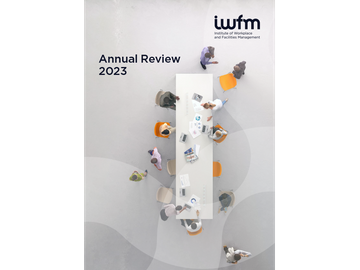
Annual Review 2023
In 2023, the Institute entered its fourth decade IWFM embarked on a three-year strateg...
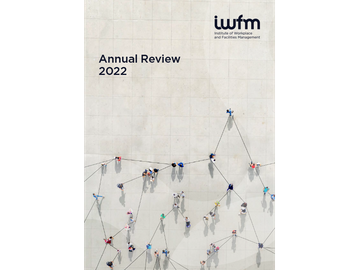
Annual Review 2022
After two years of navigating and supporting members through the many impacts of COVID...
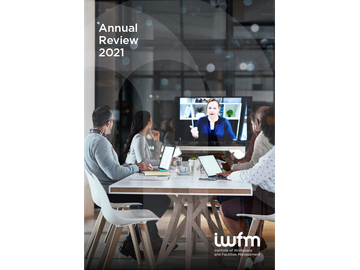
Annual Review 2021
While 2020’s economic shutdown spared no organisation, the Institute made a modest rec...
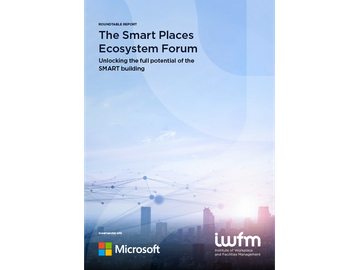
The smart places ecosystem forum
Smart cities draw on digital technology and data to provide real-time information whic...
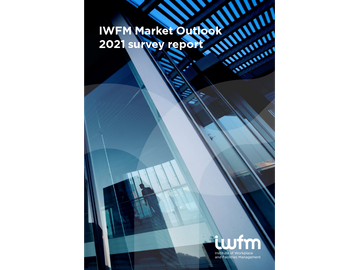
Market Outlook survey report 2021
From Brexit to COVID-19 to Black Lives Matter, 2020 was nothing if not turbulent; so i...
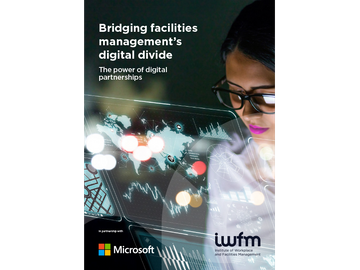
Bridging facilities management's digital divide
This report, Bridging FM’s Digital Divide – The power of Digital partnerships is the f...
Guidance Notes
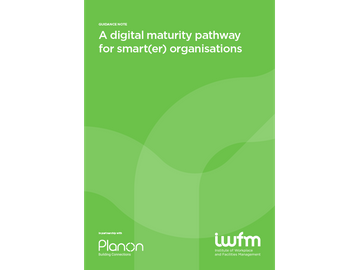
A digital maturity pathway for smart(er) organisations
Digital technologies have transformed the operational built environment in recent year...
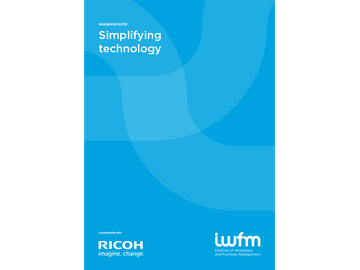
Simplifying technology
This guidance note looks at the future of workplace from a technological perspective. ...
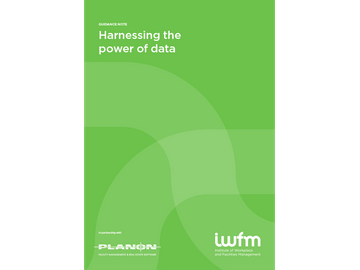
Harnessing the power of data
The purpose of this guidance note is to provide workplace and FM professionals with a ...
Good Practice Guides
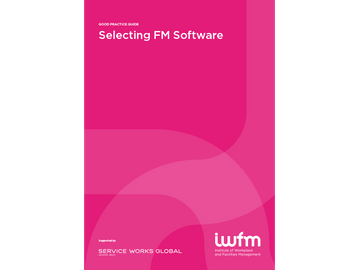
Selecting FM Software
This document aims to provide useful information and guidance about the critical issue...
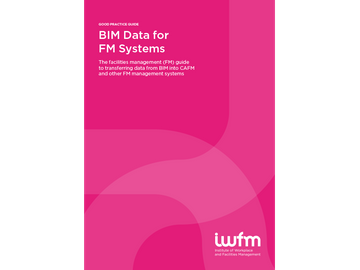
BIM data for FM systems
This guide is intended to help facilities management professionals (FMs) as key stakeh...

Managing FM teams across borders
This guide explores the growing trend for organisations to manage and procure faciliti...
Quick Start Guides
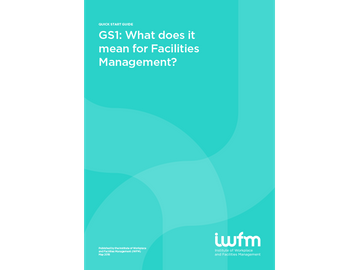
GS1: What does it mean for Facilities Management
GS1 is a global not-for-profit organisation responsible for developing the most widely...

How to combat cyber threats
Cases of cyber-attacks and corporate espionage are on the rise. The increasing adoptio...
Discussion Papers
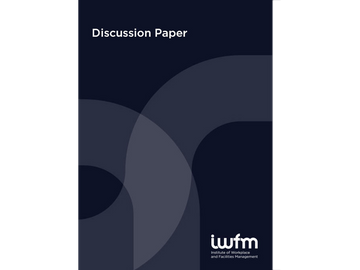
FM leaders forum perspectives on BIM
FM has yet to get to grips with BIM and realise its full potential. There are many rea...

Benchmarking effective performance management for FM
Throughout our discussions we discovered that benchmarking means different things to d...

Bridging the gap for success
Soon, all public sector facilities managers will need to be up to speed as the governm...
Webinars

The new Information Management Initiative IMI and its impact on FMs
Navigating Turbulent Times webinar series. Hosted by Sofie Hooper (host): Head ...

All level masterclass setting you on your digital maturity journey
Join IWFM and our expert panel for a comprehensive insight of the key issues, actions ...

Building a digital maturity pathway for smart(er) organisations
Episode 100 of our Navigating Turbulent Times webinar series.
...
